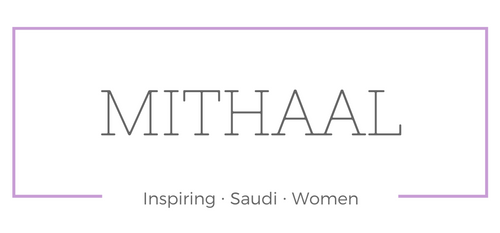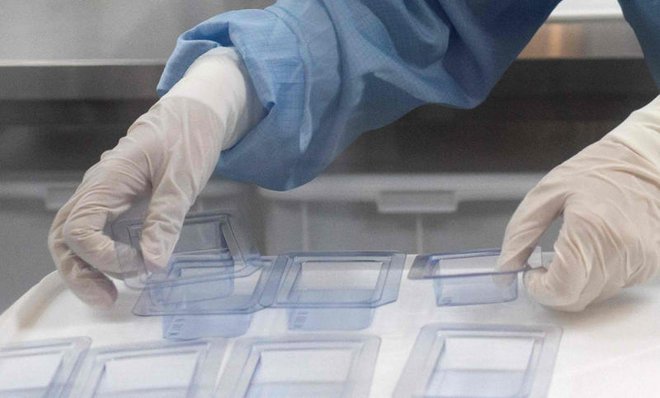RIYADH — Tata Consultancy Services, along with its partners Saudi Aramco and GE, celebrated on Tuesday the 2nd year anniversary of its Riyadh All-Women Center for Business Process and IT Services and the milestone of hiring 1,000 highly skilled employees.
The second anniversary of the All-Women Business Process Services and IT Center in Riyadh marks significant progress made with this unique initiative, which was established with the goal of supporting the Kingdom’s socio-economic development strategy by creating a new business model promoting job creation for Saudi women and strengthening economic diversification.
Khalid Al-Falih, Minister of Health and Chairman of the Board of Directors of Saudi Aramco; Dr Mufrej Al-Haqbani, Minister of Labor; Abdullatif Al Othman, Governor of Saudi Arabian General Investment Authority (SAGIA); Shane Fitzsimons, Senior Vice President, GE Global Operations; Natarajan Chandrasekaran, CEO & MD of TCS and over 100 dignitaries from Saudi Arabia government entities and business executives attended the second anniversary ceremony in Riyadh. The event was also attended by female leaders from different sectors in Saudi Arabia, including members of the Shura Council and counsellors of various ministries, leaders of Saudi universities, and the executive heads of local and international companies.
Khalid A. Al-Falih said: “In line with the Kingdom’s economic diversification and job creation objectives, the Riyadh All-Women employee Center is spurring the growth of a viable but under-represented employment sector in our society. The Center is providing an expanding and impressive customer list with vital business process and IT services to help boost customers’ productivity, efficiency and cost management, and in the process is bringing jobs from other parts of the world to the Kingdom and adding real value to our economy.”
Al-Falih added: “Saudi Aramco is proud of its role in proactively supporting the Center, alongside our partners Tata Consulting Services and GE. Delivering on our shared vision, the Center has now reached almost 1,000 female employees by its second year anniversary. This is a huge achievement for the Center’s partners, clients and, most importantly, its highly talented and qualified workforce.”
“I encourage other companies and government agencies to both take advantage of the remarkable success achieved by the Center and develop opportunities replicating similar business centers in all regions of our Kingdom,” adding “This will provide a welcome and needed boost to our labor market and economy,” he remarked.
The All-Women employee Center was established by TCS, Saudi Aramco and GE in 2013, with TCS and GE owning 76% and 24% equity in the venture. The Centre’s initial clients were Saudi Aramco and GE as ‘anchor clients’, but the Center has extended its capabilities and client list to also include Saudi Telecom Company (STC) and the Saudi Ministry of Economy and Planning. The center has achieved the milestone of hiring 1,000 highly skilled women, 85% local nationals, providing long-term career opportunities. Among the staff are Bachelors, Masters and Doctorate degree holders, demonstrating the high professional standards being set by Saudi women at the center, led by an experienced Saudi leader, Dr Amal Fatani.
N. Chandrasekaran, CEO and MD of TCS, said: “Hiring 1,000 highly skilled women is a testimony to our long term commitment to the Saudi Arabia and to further achieve job creation goals of the Kingdom. The endeavour of this Centre is to tap into this local talent pool & help develop women leaders of tomorrow. This is in line with the Kingdom’s objective of improving employability of students during their graduation; with a focus on specialization in professional areas.”
Neeraj Srivastava, Regional Director, Saudi Arabia and Bahrain of TCS, added: “We have had many successes, not just in terms of exponential growth but also the progress made with respect to the value added to our customers through process improvements & efficiencies built. We will continue to bring the might of TCS into the Kingdom and enable careers and successes for our employees and customers.”
All-Women Business Process and IT Services Center supports GE Global Operations in delivering over 20 key business operations, such as Finance and Accounting, Human Resource Outsourcing, Supply Chain Management, Information Technology and Enterprize Data Management, for more than 50 GE locations world-wide.
The GE geographic footprint served by the Center includes the Middle East, North Africa, Turkey, Sub-Saharan Africa, Europe, the USA and India.
John Rice, GE Vice Chairman, said: “We are very proud of the great accomplishments and progress made at the Center over the last two years. The talented Saudi women who make up the Center have built it from a start-up into a world-class business process services organization that competes on a global level and supports GE activities in over 50 countries. We value the partnership with Saudi Aramco and TCS to realize new possibilities and translate great talent into meaningful outcomes for the Kingdom and customers across the globe.”
Shane Fitzsimons, Senior Vice President, GE Global Operations, said: “It has been an amazing two years of progress and we are delighted that the Center has exceeded our ambitious expectations. A close partnership between TCS, Aramco and GE; the amazing talent in Saudi Arabia; and our focus on delivery, quality and process improvement continues to add value for all customers. We have established a great foundation and can now leverage that to support the growth of the shared services industry across the Kingdom.”
The pioneering initiative by three global business leaders – TCS, Saudi Aramco and GE – is underpinned by extensive talent development programs for employees. To date, more than 610,000 cumulative hours of intensive training sessions have been conducted in various disciplines. In addition, both TCS and GE have established partnerships with Saudi academic institutions to incorporate relevant content into their curricula including Business Administration and Information Technology.
The Center is now an integral part of the TCS Global Network Delivery Model (GNDMTM), which has locations in over 10 countries including China, Philippines, India, Hungary, United Kingdom, Chile, Ecuador, Uruguay, Mexico and the United States.
In 2012 GE committed $1 billion investment in Saudi Arabia and this joint initiative with Saudi Aramco and TCS demonstrates delivery in support of the Kingdom’s economic growth and diversification. The center in Saudi Arabia is one of five GE Global Operations Centers in the world; the other four are located in Cincinnati, Ohio; Pudong, China; Monterrey, Mexico and Budapest, Hungary.
Originally published on Saudi Gazette






















